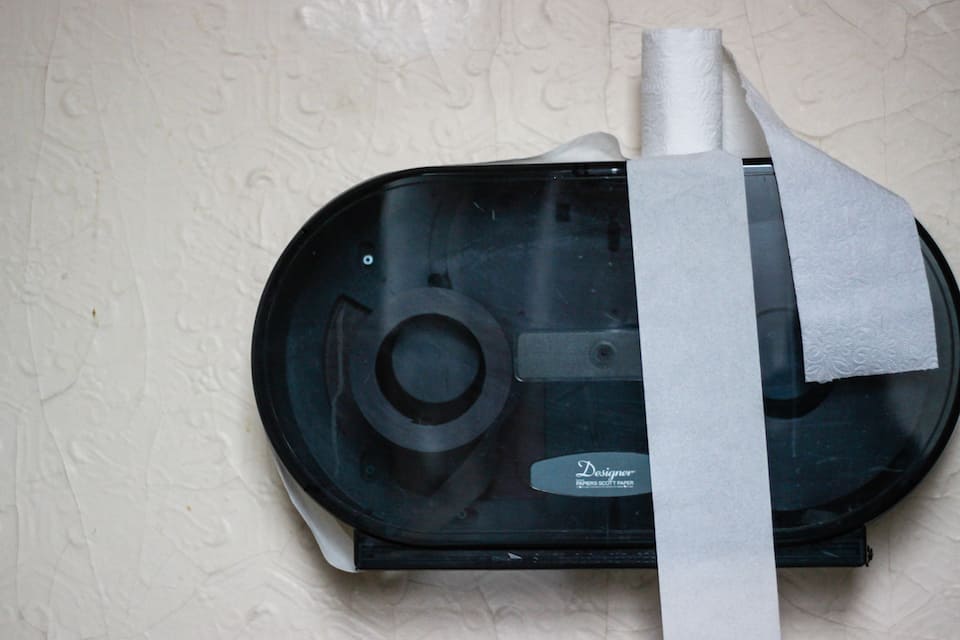They had the perfect plan, they had the perfect system, and they had the perfect two-ply toilet paper; but Ryerson University could not have imagined that an unopened pack of plush bathroom tissue would have tipped off journalism student Laura Woodward. Woodward toiled to discover the final destination of the toilet paper — for it was certainly not being stocked in students’ washrooms.
Eventually, Woodward let the facilities department know she was ready to file an access-to-information request, and that’s when the administration cracked. A university spokesperson revealed the truth behind the two-tiered toilet paper system — some buildings on the Ryerson campus (especially those with administrative offices) are supplied with toilet paper that is both softer and more luxurious than the paper being stocked in other buildings.
Though it may seem like a trivial matter, outlets like CTV, the Toronto Star, and the National Post have picked up the story. Yet, plenty of people on Facebook and in newspaper comments sections decry that this is a ridiculous problem. Are some of us privileged to the point that we demand two-ply toilet paper as a basic human right?
However, aside from the predicament being hilarious, it is a controversy that is completely relevant to students. Namely, there is little transparency over where our tuition fees go and as a result, the average student has little input. Woodward’s efforts should be applauded, for they symbolize the somewhat arduous process students have to go through to get to the bottom of a story.
Two-ply toilet paper is more expensive — in fact, Janice Winton, vice president of administration and finance at Ryerson, looked into converting to a two-ply system, but opted against it, citing the high costs. It is therefore preposterous that they are still purchasing two-ply toilet paper for select patrons, despite it being double the cost ($3.67 per roll, compared to $1.83). Students have a right to know where their fees are going without having to threaten to file an access-to-information request, and they have a right to their tuition being used fairly and responsibly.
Whether or not you agree that this story deserves coverage, it is important that we recognize the merits of investigative journalism. Woodward saw something that appeared out of place: in this case, the catalyst was two-ply toilet paper at an institution where she had never seen such a luxury. She contacted toilet paper manufacturers to find out more information, and brought her concerns to the administration. Through inquiry, Woodward was able to engage students and spark discussion over equity, student finance, and the responsible spending of money at an educational institution.
This story brings up a minor injustice on campus, and highlights that universities should be transparent in how they spend their funds. Student should not have to jump through hoops to learn about something as mundane as toilet paper on campus.


